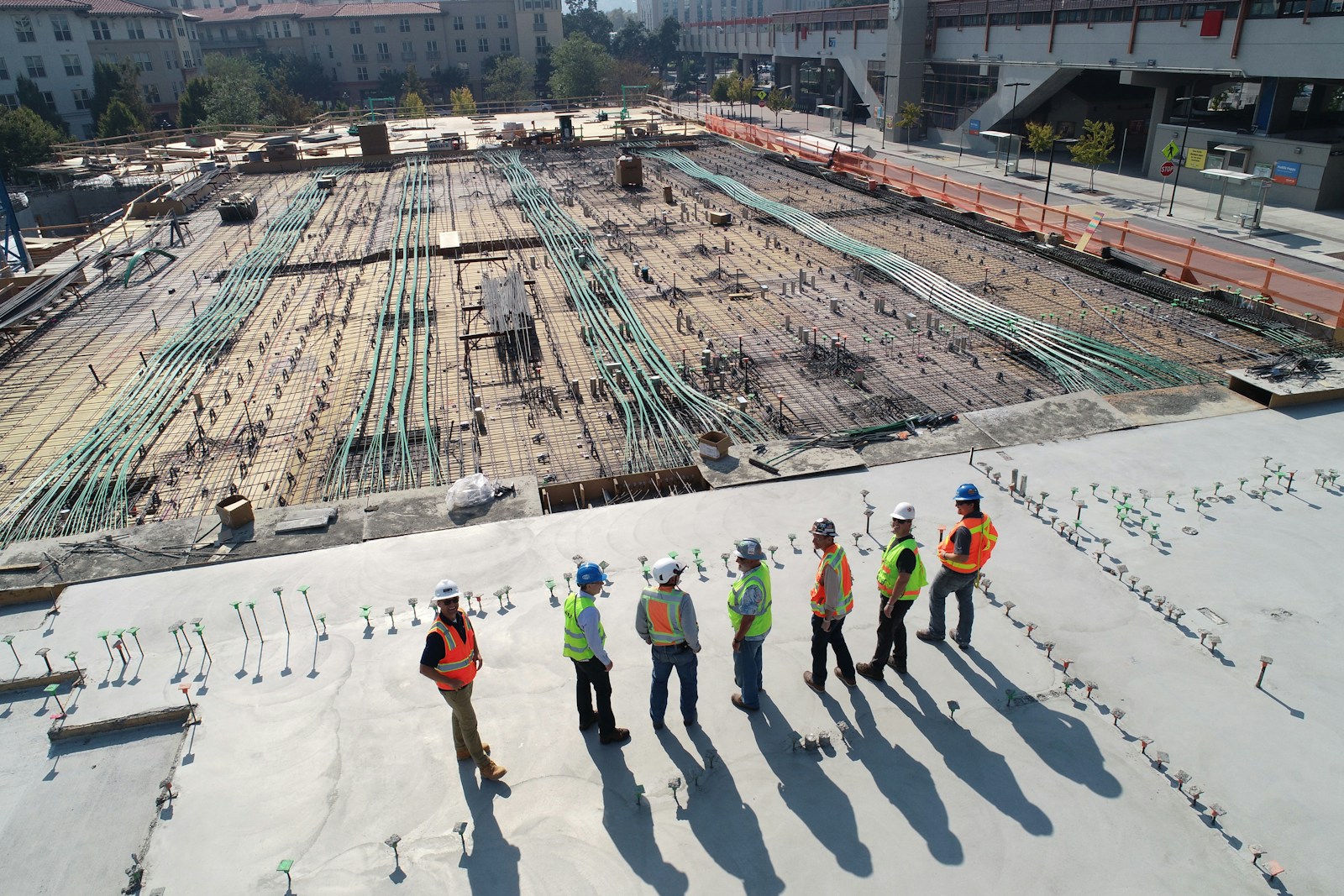Construction Insurance
Businesses in the construction industry must account for many risks and perils amid daily operations and tasks. Sharp tools, heavy machinery, hazardous chemicals and motor vehicles mean the possibility of serious accidents and extensive financial losses. Furthermore, construction companies are often bound to strict timelines and contractual obligations, meaning that even slight delays or mishaps could have significant ramifications. So adequate construction insurance is essential.
What Is Construction Insurance?
Construction insurance may not be available as a one-step solution for companies’ coverage needs. Rather, construction insurance often refers to a portfolio of policies that, when combined, form a versatile and robust financial safety net that can limit out-of-pocket losses following many common incidents.
To compile suitable construction insurance that may provide financial protection from many common industry risks and exposures, consider the following types of policies:
- General liability insurance can provide financial protection from third-party losses for which a business may be at fault, such as a passerby or guest being injured on a job site or a neighboring property accruing damage.
- Business property insurance may help pay for losses and damages involving a policyholder’s own physical assets, including its offices, equipment, electronics, inventory and furniture.
- Errors and omissions insurance can insulate businesses from financial losses if they are accused of making a mistake, missing a deadline or otherwise failing to provide adequate goods or services.
- Workers’ compensation insurance is often required by law and may help pay for medical expenses and other financial losses following employees’ work-related injuries or illnesses.
- Business income insurance can compensate companies if a covered incident disrupts or delays their normal operations.
- Builder’s risk insurance may financially protect structures in progress, as well as temporary structures (e.g., scaffolding and fences), key documents and materials being stored on a job site.
- Inland marine insurance can compensate construction businesses for losses involving equipment and materials being transported to a job site.
- Commercial auto insurance may render financial aid for incidents involving a company’s motor vehicles.
How Much Does Construction Insurance Cost?
Like many insurance products, the cost of adequate coverage for a construction company may vary significantly. Insurance providers must analyze a business’s circumstances to determine coverage needs and rates. This process may include consideration of the following factors:
- Location
- Operational details (e.g., services offered and employee experience levels)
- Workforce size
- Business assets and revenue
- Prior claims history
- Portfolio details (e.g., coverages needed, policy limits and deductibles)
We’re Here to Help
At Eastern Carolina Insurance, our team is ready and able to help construction companies in the Goldsboro, Kinston, Pink Hill, Snow Hill and Wilson areas understand their coverage needs and secure ideal policies. Contact us today to learn more.

